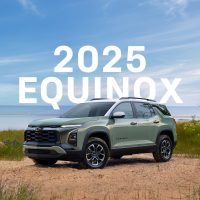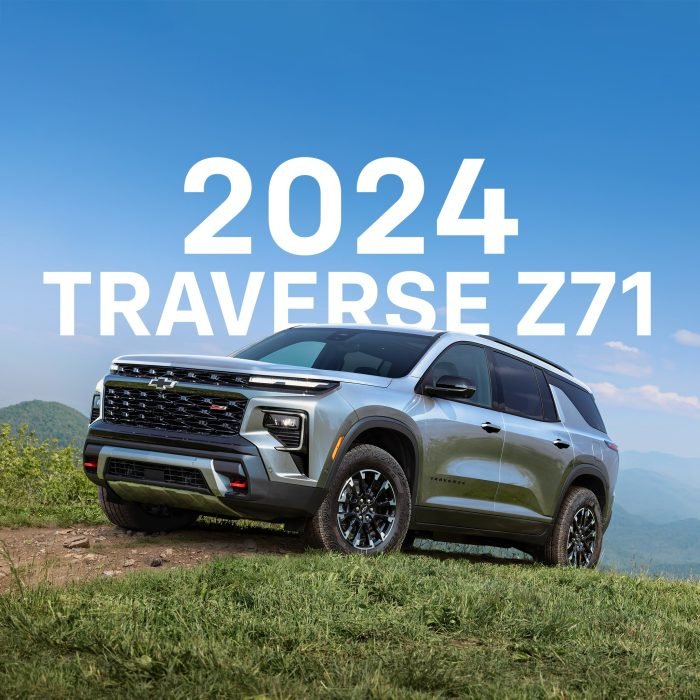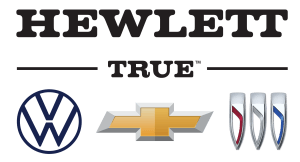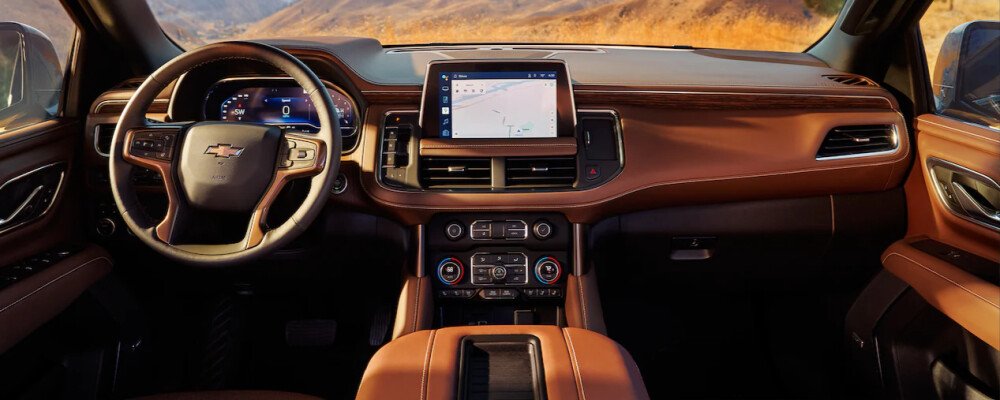Leasing a Vehicle vs Buying a Vehicle | Hewlett Automotive Group – Let’s face it, technology changes rapidly, especially when it comes to our vehicles! All the new technology drives up manufacturing costs, leaving drivers trying to find new ways to pay for their cars. One of the questions that always comes up when a customer is interested in purchasing a new automobile is “Should I buy, or should I lease?” Unfortunately, this is not an easy question to answer, and the scenario is different for each individual person, their driving habits, and their circumstances. Thank you to Don Hewlett Chevrolet, Buick and Volkswagon for these helpful tips!
BUYING

The definition of “buying” is simple, you pay the vehicle’s cost, tax, title, license, etc. either in cash all at one time or you finance it over a period of time. That period usually consists of 48, 60, 72 or even 84 months to get the payment within budget. Little thought ever goes into what you will be doing 84 months from now, and even less thought goes into your typical driving habits. If you’re a 25,000 mile per year driver, you will rack up 175,000 miles on your vehicle before it’s paid off. If you’re the type that always drives your vehicles a quarter million miles before you trade or sell, that may be okay. If you’ve never kept a car past 100,000 miles or less, you may want to consider other options.
LEASING
 The definition of “leasing” is a little more complex but it’s still not hard to understand. Leasing companies (for us at Hewlett it would be GM Financial or Volkswagen Credit) will impose what’s called a “residual value”. That is the “guaranteed” amount or value they are willing to guarantee you at the end of your term. It’s always a percentage of the MSRP and that percentage changes as you decide on your term and mileage limits.
The definition of “leasing” is a little more complex but it’s still not hard to understand. Leasing companies (for us at Hewlett it would be GM Financial or Volkswagen Credit) will impose what’s called a “residual value”. That is the “guaranteed” amount or value they are willing to guarantee you at the end of your term. It’s always a percentage of the MSRP and that percentage changes as you decide on your term and mileage limits.
For example: If the normal starting point from the leasing company is 60% for 36 months with 15,000 miles per year allocated, you’ll make payments for three years on the difference, or in this example, 40% of the car. (Assuming you stay within your total 45,000 miles for that three-year period). So, with a $30,000 MSRP, 60% of that is $18,000 (the residual or amount they’ll guarantee at the end). You make payments on the remaining $12,000 over that three-year period. That payment is typically cheaper than that same car financed over the course of five years.
10 Family Road Trip Ideas Within 10 Hours of Austin
Ok, that sounds simple enough but what if you drive 30,000 miles per year? Contrary to what you’ve heard, you need to lease more than anyone! Let’s say you purchased your car and financed it for 60 or 72 months. After two years you’ve racked up 60,000 miles. You’ve now paid that car down to $23,000-$25,000. Using the $30,000 car example above, what is that $30,000 car worth two years later with 60,000 miles on it? I’m going to guess somewhere around half of what you paid for it, maybe less. It may be clean inside and out because all you’ve done is drive it up and down the highway but seriously, ask yourself; just how big is the market for a 60,000 mile two-year-old car? (A 60k mile 10-year-old car is totally different). While the two-year-old, high mileage car market does exist, it is not going to bring a premium and it may not even bring “normal” values. If you still owe $25,000 and it’s worth half or $15,000, you’ll have to come up with $10,000 just to sell or trade it at that time.
If you leased that same car for 30,000 miles per year, (yes, you could factor in that many miles per year) over the course of the same two years – your payments may be $100 or $150 per month higher than your regular 60 or 72 month loan but I’m guessing $100 extra per month will not change your lifestyle as much as paying $10,000 all at once if you did a conventional loan. We all must pay for our miles, might as well make it as easy as possible.

- The most common objection we hear about leasing is: “I don’t own anything at the end”. While that’s true on a lease, if you financed your vehicle for 60 or 72 months, you don’t own anything three years into your conventional loan either (your lender does). Normally it’s because you’re at or near a “breakeven” amount on the vehicle value vs. the payoff of the loan.
- Second most common objection: “They’ll charge me for damage, tires, broken windshield, etc.” Yes, but guess what, if you were to sell your car or trade it in, the future buyer will deduct for that type of damage too.
- Most common question: “What happens if I wreck it?” Nothing different than if you financed it on a conventional loan, call your insurance company and get it fixed. Leasing companies do not deduct for proper repairs.
- Second most common question: “What if I want to keep it?” Fine, that residual or guarantee they told you about is the amount you will pay at the end of your term if you want to keep it. If the market changes and the car is worth more, you still pay just the residual amount. If your car is worth less than that residual value, give it back and let the dealer take the hit.
In conclusion, there is not a “best” way. You must assess your situation, driving habits, wants, and needs and ask questions. Most dealers do not care how you choose to pay for your cars. We want to give you all the options available to help you make the choice that best works for you. Many customers drive normal miles, take care of their vehicles, want to keep up with the latest technology or body style and have accepted the fact that they’ll always have a car payment. If this is you, leasing is perfect.
Don’t “not” lease because you do not understand it. Ask questions, get quotes on both conventional loans and leasing side-by-side. Once you see all your options, you’ll be in a better place to make an informed decision that works best for you and your family.
 Honesty, loyalty, and lasting relationships are the Texas True values the Hewlett family and their employees have lived by since Mr. Hewlett’s first automotive partnership began in Georgetown in 1971. The dealership exemplifies tradition and family values in every aspect of the business. As a family, the Hewlett’s have developed a strong sense of loyalty to their brands, customers, employees and community. Don Hewlett Chevrolet Buick is a proud sponsor of school programs, community events, and non-profit organizations all around Central Texas. “Texas True” isn’t just company slogan for the Hewletts. It’s a steadfast way of life and a rock-solid promise to our community.
Honesty, loyalty, and lasting relationships are the Texas True values the Hewlett family and their employees have lived by since Mr. Hewlett’s first automotive partnership began in Georgetown in 1971. The dealership exemplifies tradition and family values in every aspect of the business. As a family, the Hewlett’s have developed a strong sense of loyalty to their brands, customers, employees and community. Don Hewlett Chevrolet Buick is a proud sponsor of school programs, community events, and non-profit organizations all around Central Texas. “Texas True” isn’t just company slogan for the Hewletts. It’s a steadfast way of life and a rock-solid promise to our community.










